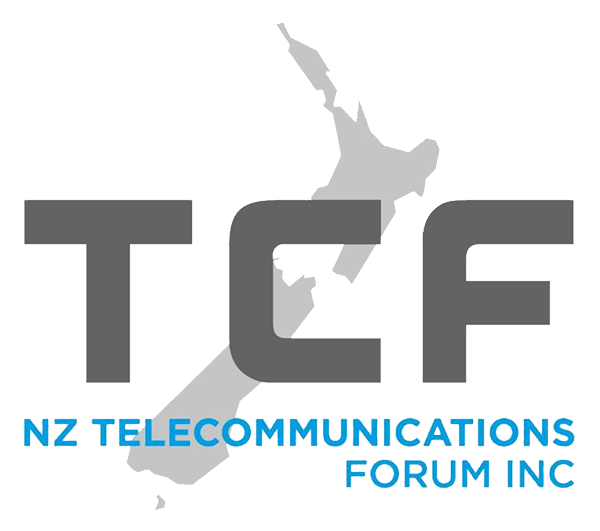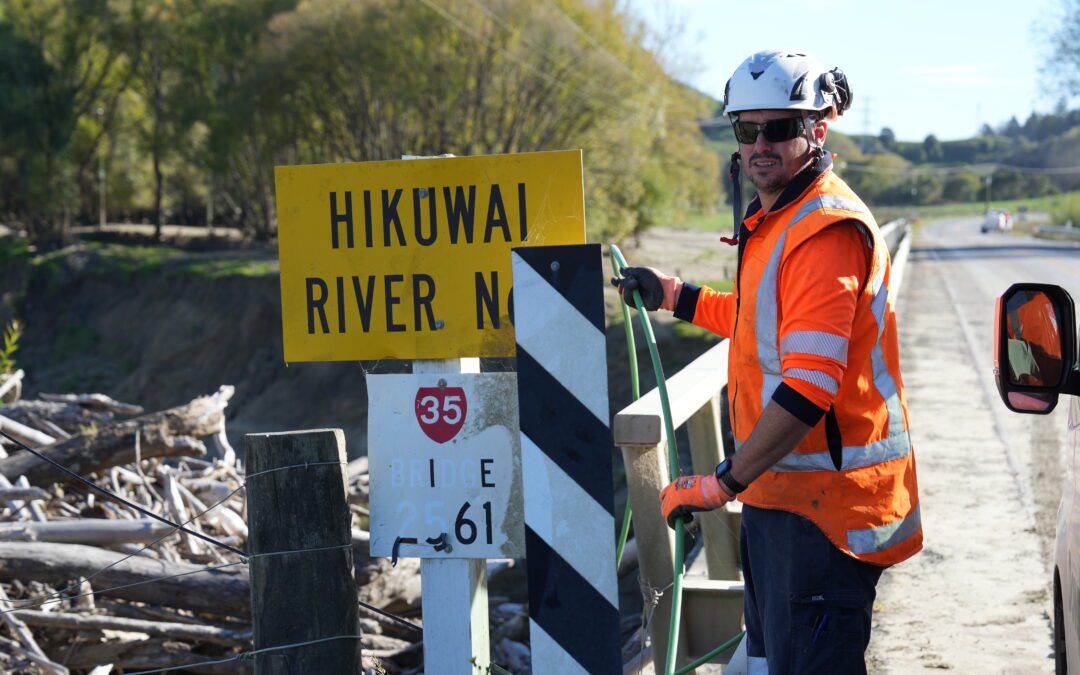The Telecommunications Forum (TCF) welcomes moves by the Commerce Commission to raise awareness of the importance of customers being able to access the Telecommunications Dispute Resolution Scheme (TDR).
The Commerce Commission has issued an open letter to all telecommunication providers to help increase the level of consumer awareness and understanding around the TDR. The Commerce Commission’s focus is aimed at improving access to the TDR for those consumers of providers currently not members of the scheme. They are consulting on three options for the industry:
Option 1, Publishing a list of non-members on the Commerce Commission website.
Option 2, Requiring proactive disclosure by non-members to new customers before sign-up and to existing customers on an ongoing basis or
Option 3, Combining both options into an integrated pathway starting with Option (1) and moving to Option (2) later if necessary.
TCF CEO Paul Brislen says consumers are better off having access to a dispute resolution scheme and he encourages all telecommunication providers to sign up to the TDR.
“While customers can always deal directly with their provider, sometimes that relationship breaks down and it’s vital that customers have a way to deal with any issues that arise. The Telecommunications Dispute Resolution service provides that path and we believe any company offering telco service in New Zealand should be party to the TDR process.”
The TDR is a free and independent complaints service that helps around 2,000 Kiwis each year. While the TDR is a voluntary scheme, members of the TCF are members of TDR and cover the vast bulk of telecommunications customers.
However, the TCF encourages all telecommunication providers to join the TDR. “The TDR is important. If a customer and their provider can’t reach a resolution that is satisfactory to all concerned, the TDRS can help reach a resolution.”
In the latest TDR biannual report 85% of issues raised with the TDR were resolved directly between the provider and their customer without requiring formal intervention.
“The scheme works well for customers and should be something that all telecommunication providers see as a positive addition to the sector,” says Brislen.
-ENDS-





















